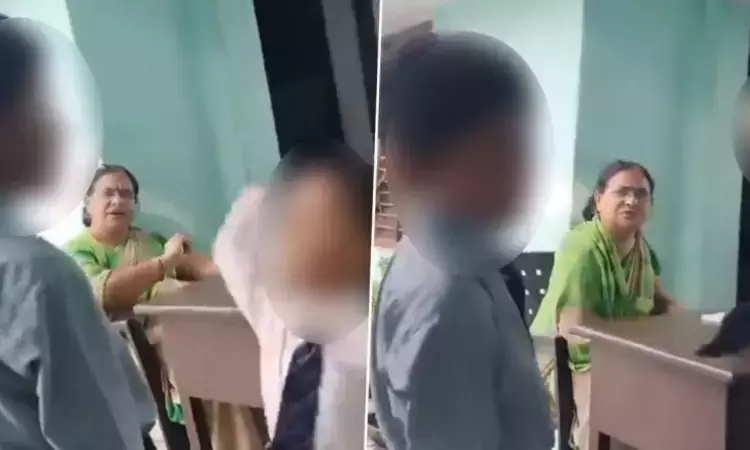In the latest development in the Muzaffarnagar student slapping case, the Supreme Court on Friday (January 12) orally remarked that the state government had not acted in the manner expected after the incident.A bench of Justices Abhay S Oka and Ujjal Bhuyan was hearing a public interest litigation (PIL) filed by activist Tushar Gandhi seeking a proper and time-bound investigation into...

